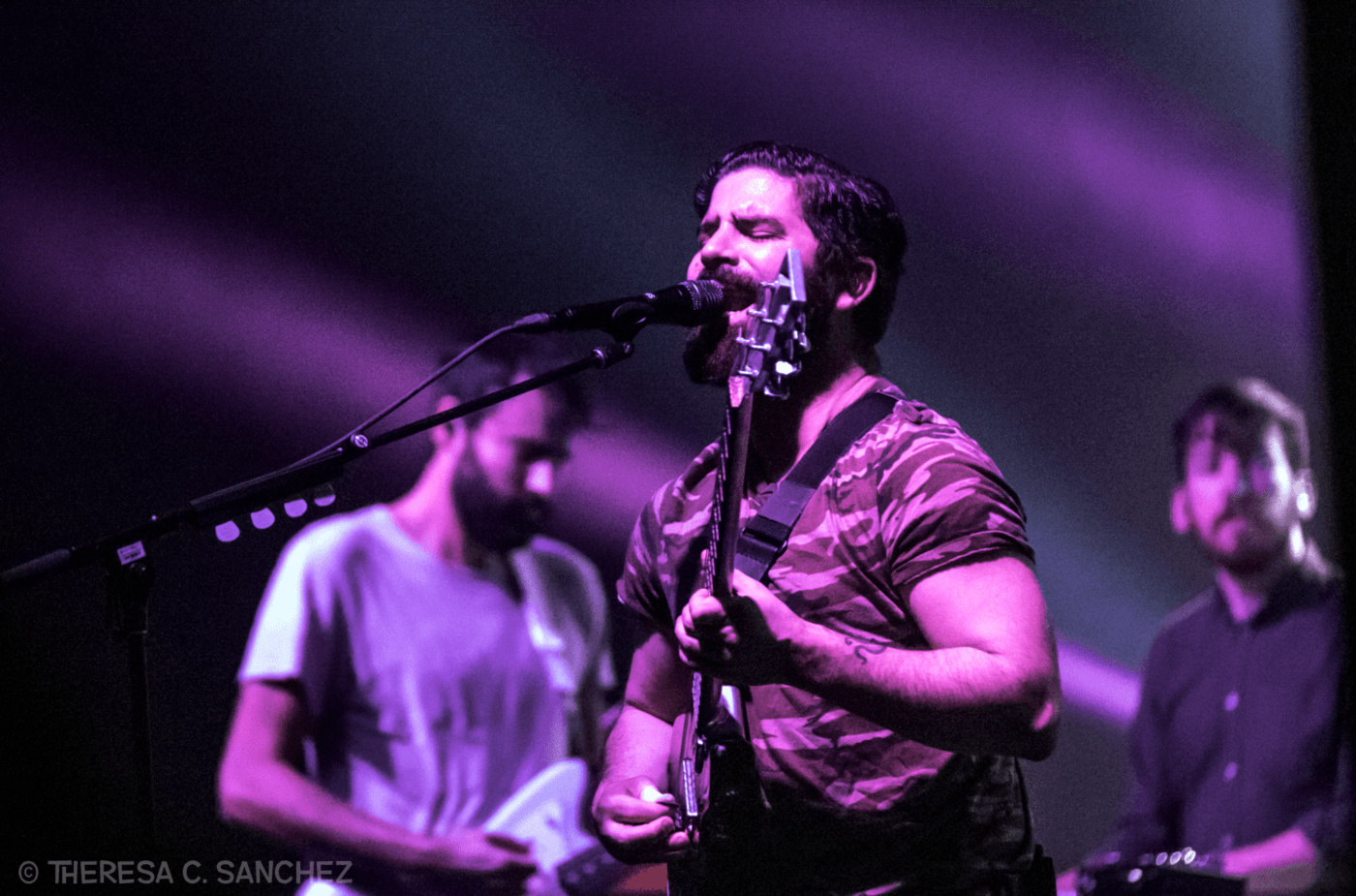Everything Not Saved Will Be Lost Part 2 is a testament to Foals’ creativity
Of all the bands forming the 2000s post-punk revival movement, Foals are one of the few still going strong. The Maccabees have fallen. The Vaccines have descended into eternal mediocrity. The Kaiser Chiefs have attempted to maintain relevancy by appearing on the Voice and making drab pop music – neither of these things have been successful. Oxford rockers Foals, on the other hand, can attribute their continued success to their ability to reinvent themselves on every new record whilst still appealing to their traditional indie rock fanbase, and Everything Not Saved Will Be Lost Part 2 is no different.
Everything Not Saved Will Be Lost Part 2 is the final chapter of an ambitious two-part project and comes on the back of the eclectic and colourful Part 1, their best-received album to date. Whilst Part 1 told a story of a world coming to an abrupt end, in Part 2 we are dropped into the post-apocalyptic aftermath of a world of chaos and death.
This theme of chaos and death is reflected throughout the album not least on the second track ‘The Runner’. We are initially baited into thinking the album will be slow and melancholic by opening track ‘Red Desert’. That notion is completely shattered as it seamlessly transitions into the ferocious opening riff of ‘The Runner’. “Walk through the embers, through the roads” cries lead singer Yannis Philippakis as he describes the destruction and devastation of the world around him.
We are dropped into the post-apocalyptic aftermath of a world of chaos and death
Subsequent tracks ‘Wash Off’ and ‘Black Bull’ continue with this loud and fast-paced sound with the latter being the band’s heaviest track since 2015’s ‘What When Down’, if not ever. The brashness and aggression of the opening tracks is Foals at their most primal, expressing their anger and frustration in a way we have never seen before. It’s a far cry from the synth-heavy Part 1, which featured songs you’re more likely to find on an 80s disco dancefloor than headlining Reading.
The middle of the album does start to bring about some changes. The track ‘Like Lightning’ continues with the hard-rock infused sound that we had come to expect with a powerful opening riff that would not be lost on a Royal Blood album. It has that classic Foals energy and catchy chorus which is sure to light up festivals around the world. ‘Dreaming Of’ on the other hand is noticeably slower than its predecessor and whilst still featuring a loud and angry chorus, gone are the rambunctious riffs that littered the first half of the album. Instead, we get a weird and eccentric math-rock inspired track that is a nod to Foals’ first album Antidotes and sure to please Foals purists.
From this point onwards the album only goes from strength to strength. ‘Ikaria’ marks the end of the first part of the album and transitions us into the second. The title is the Greek translation of Icarus and is the start of references to Greece and its mythology, a nod to lead singer Yannis Philippakis’ background. It transitions to ‘10,000 Feet’, a song which uses the story of Icarus to tell one of death – a theme that is scattered throughout the second part of the album.
The album only goes from strength to strength
Penultimate track ‘Into the Surf’ is also the standout track on the album, creating an ethereal and haunting sound not heard since Total Life Forever’s epic ‘Spanish Sahara’. The melancholic music coupled with the haunting lyrics about grief and death creates a deep feeling of sadness which is difficult to orchestrate (if your name isn’t Thom Yorke).
Finally, ‘Neptune’ takes everything off of the two parts and brings it together in a 10-minute post-rock epic which is without a doubt Foals’ most ambitious piece yet. The first verse brilliantly tricks us into believing that it’ll be another slow number akin to ‘Into the Surf’ before euphorically exploding into the blaring chorus. A beautiful minute-long solo connects the bridge and the final chorus where Yannis explodes for a final time bringing this chapter to a close in monumental fashion.
Foals easily could have sounded over-stretched and over-worked on Everything Not Saved Will Be Lost Part 2 after releasing two full-length studio albums in seven months and yet they sound better than ever. The ability of Foals to remain popular in a climate so unfavourable to indie rock bands is a testament to their creativity and demonstrates the importance they have to the survival of a genre which is dying in Britain. This is the sign of a band at their peak, mopping up a field where their competition is dropping like flies.

Comments